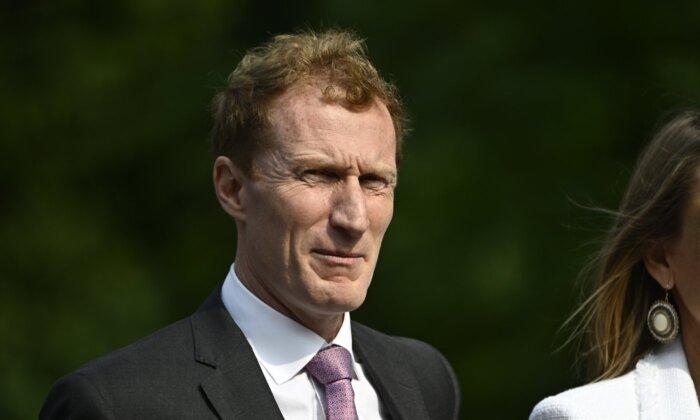In his recent appearance on a U.S. radio program, Immigration Minister Marc Miller said Canada had made a “conscious decision” to be an “open country” for immigration.
In the NPR interview, Mr. Miller said, “There is no doubt that we have made a conscious decision to be an open country and a country that needs to grow,” adding, “The reality is we don’t have much of a choice.”
Canada’s population has surged in recent years, with most of the growth coming from immigration into the country.
StatCan said that temporary visas for workers and students made up most of the population growth rate as over 800,000 temporary residents arrived in Canada last year, compared to just over 470,000 permanent residents.
As of January 1, 2024, StatCan estimates that there are over 2.6 million non-permanent residents in Canada overall.
Mr. Miller also told NPR that illegal immigration was a minor issue for Canada.
“You know we have an ocean to the left of us and an ocean to the right, a nuclear superpower to the south and a block of ice to the north,” he said and added, “So geographically it’s difficult to reach Canada.”
Minister Miller told NPR the demographic challenges of an aging population “keep me up at night” and said “It’s something that we need to fix now or else we’ll be in serious trouble for all the broad social services that we provide as a country. That can’t be filled domestically through baby booms alone. It has to be filled through immigration.”







